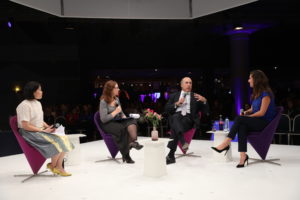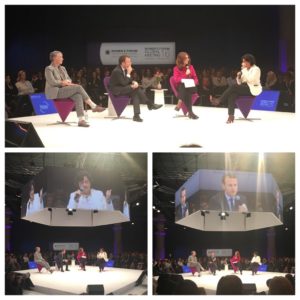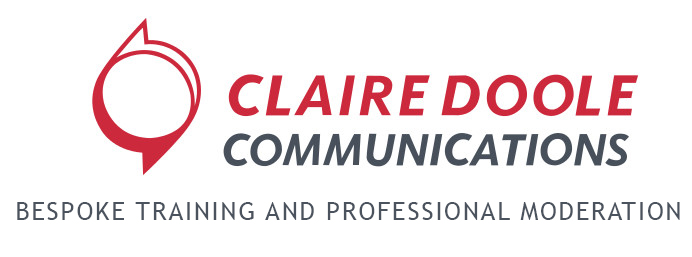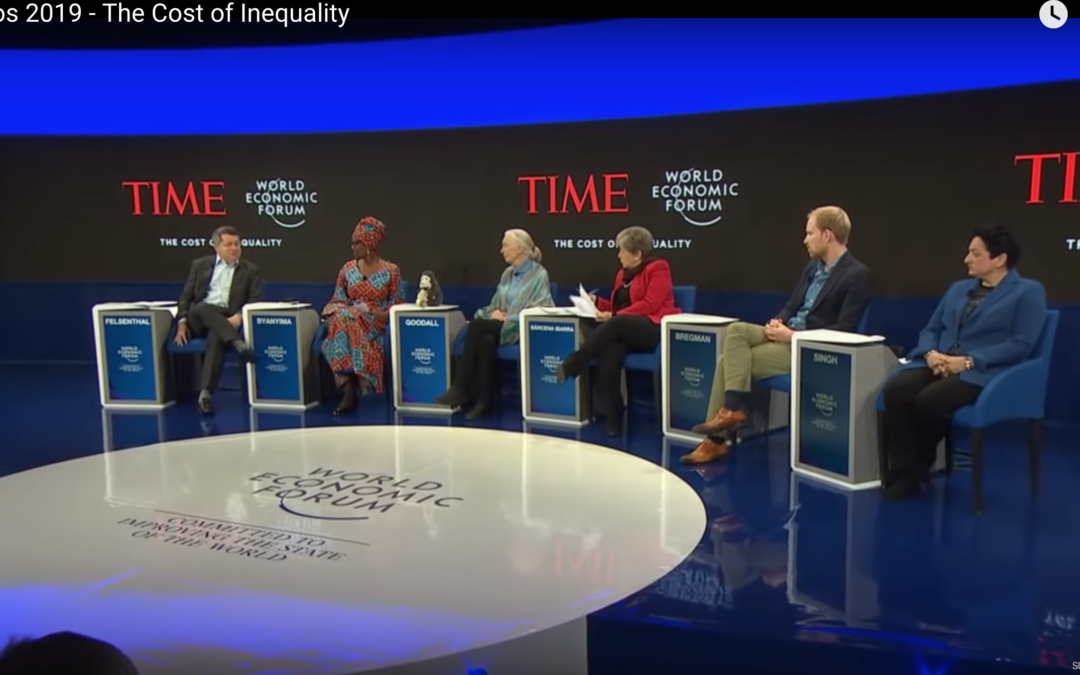How many of you attended this year’s gathering of the global elites at the World Economic Forum? If you were there, did you sit through any of the panel discussions? With the good and the great vying to be in the audience and on the podium, Davos panels are a hot, if pricey, event.
But how good are these discussions? Are they engaging, informative and thought-provoking?
Many a client has contacted me as a moderator saying they want a Davos-style panel discussion. In the conference/event industry, these panels with their star-studded line-up are obviously seen as the gold standard.
So, I decided to test this hypothesis and watch a panel in which Rutger Bregman, a Dutch historian, made headlines with his remarks about why no one at Davos was talking about the super rich avoiding paying taxes.
I watched the 1-hour session and was, to be frank, disappointed. Despite the expert and articulate speakers, there was no lively discussion. Although the title – the cost of inequality – was catchy, it was unclear the specific issues the panel was trying to address.
Instead, you got the tired format of each speaker giving opening remarks of 3 to 5 minutes followed by the moderator asking the panel in the exact same order a series a questions. The moderator failed to generate a discussion even when Bregman made his provocative comments on tax avoidance.
Admittedly, it is not easy with 5 speakers (3 to 4 is optimal) whose reason for being on the panel is not clear. Jane Goodall is an amazing primatologist, but is she really the right person to discuss the cost of inequality?
Fast-forward to 44.05, and you will hear one of the few members of the audience who got to ask a question, express surprise at the way the panel was created and remarking that it was extremely one-sided.
Tarnished gold
For me this panel did not meet the gold standard despite the excellent contributions of the Dutch historian and the executive director of Oxfam International.
All panels at Davos have star line-ups, but what they lack is a variety of formats and in many cases excellent moderators.
An exception this year was the panel on mental health matters with Prince William, Duke of Cambridge, and the Prime Minister of New Zealand, Jacinda Ardern, which was excellently moderated by a CNBC journalist.
Good TV journalists who know how to keep a conversation flowing and to time can make a big difference and breathe life into the most staid and familiar formats.
However overall, it would seem I am not alone in my disappointment at the standard of panels at Davos..
The Guardian concluded at the end of the 4-day talking shop that “Davos had lost its mojo” and that “the format – panel of experts – discussing the world’s problems looks tired”.
It may well be that Davos needs to be revamped as a forum – I have only ever attended as a journalist scurrying from one interviewee to the next.
However, the organisers armed with a dose of creativity could easily breathe new life into the panel format
Interactive and creative panel formats that work
I have always been impressed by the variety of formats used by the Women’s Forum for Economy and Society – which like the World Economic Forum has a main conference as well as regional conferences. One year they asked me to moderate three panels – all with different formats.
Panel 1 – Why are refugees only bad news? (A question in the title helps to focus the discussion). This was the classic Q and A format – with the moderator asking questions to 3 panellists and bringing in the audience.
Panel 2 – Why I am a feminist. The moderator interviewed the male CEO of Coca Cola, a self-declared feminist. Two female CEOs then joined the moderator on stage and started to ask him questions.

Panel 3 – Advancing women’s economic empowerment. The moderator launched a discussion with 2 speakers – then French presidential candidate, Emmanuel Macron, and the Canadian Minister for the Status of Women, Patty Hajdu. She then invited a third speaker – Arancha Gonzalez, Executive Director of the International Trade Centre – to join and ask any questions she had of the first two speakers.

Seating the audience in the round – the so-called fishbowl format – is excellent for interactivity. Another client added another twist by leaving an empty chair on the stage for members of the audience who were invited to ask questions to each speaker after the curated Q and A with the moderator.
So WEF, with your star speakers, revamped creative panel formats and dynamic moderators no doubt your 2020 sessions will be pure gold?

